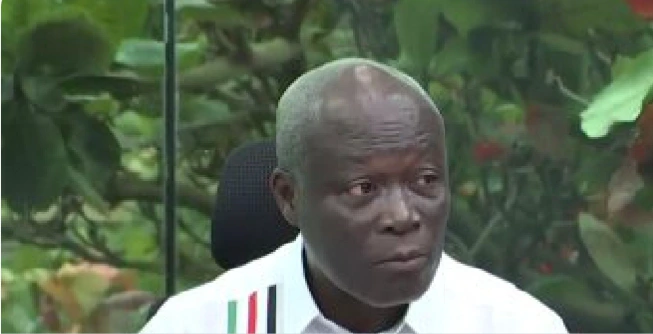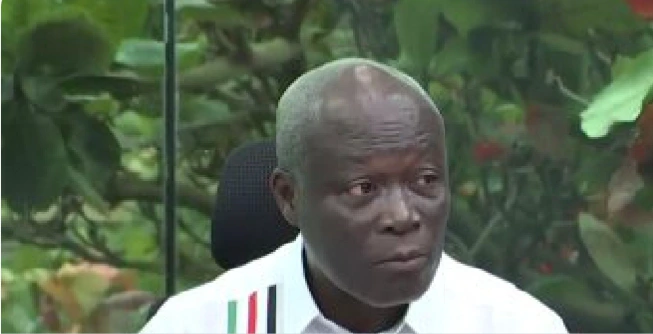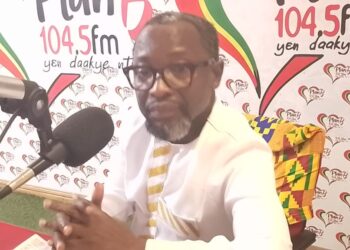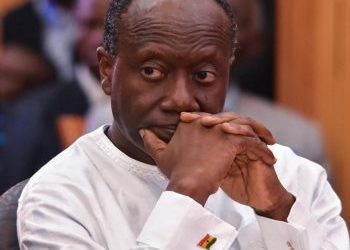n a recent statement that has captured the attention of the political landscape in Ghana, former MP and political figure, Samuel Vanderpuye, has responded sharply to Alexander Afenyo-Markin’s calls for engagement regarding the seating of parliamentarians. Vanderpuye’s remarks come in light of the Supreme Court’s ruling that overturned the declaration of four parliamentary seats as vacant, reinstating the lawmakers involved in the contentious issue.

The overturning of Speaker Alban Bagbin’s declaration by the Supreme Court has sparked significant debate among political observers and leaders alike. Afenyo-Markin, a prominent member of the National Patriotic Party (NPP) and one of the reinstated lawmakers, suggested that all stakeholders—including the opposition—should come together for dialogue to heal the political divisions.
However, Vanderpuye, who has been vocal in his criticism of the ruling, believes that the opportunity for constructive engagement has passed. He stated, “It’s too late to call for engagement. The damage has already been done—people’s trust in the parliamentary system has been shaken, and this cannot simply be brushed aside with a call for dialogue.
Vanderpuye’s comments highlight the growing frustrations among constituents who feel that their voices have been sidelined in recent political maneuverings. He underscored the need for accountability, asserting that politicians must take responsibility for their actions rather than seeking to use engagement as a political tool to patch over the discontent.
“The public deserves better than piecemeal solutions to complex problems. We need to address the root causes of disillusionment rather than engaging in conversations that don’t lead to real change,” he remarked.
The response from Afenyo-Markin’s camp has been one of disappointment. Supporters argue that calls for engagement should be seen as an opportunity for unity and progress, especially as the nation gears up for the pivotal 2024 elections. Critics, however, echo Vanderpuye’s sentiments, noting that the broken trust will be a significant hurdle for any future conversations, especially given the heightened political tensions.
Political analysts have pointed out that as Ghana approaches the elections, issues like these can play a crucial role in influencing voter sentiment. Engaging in meaningful dialogue could either mend or further fracture relationships among political parties and their supporters.










Discussion about this post